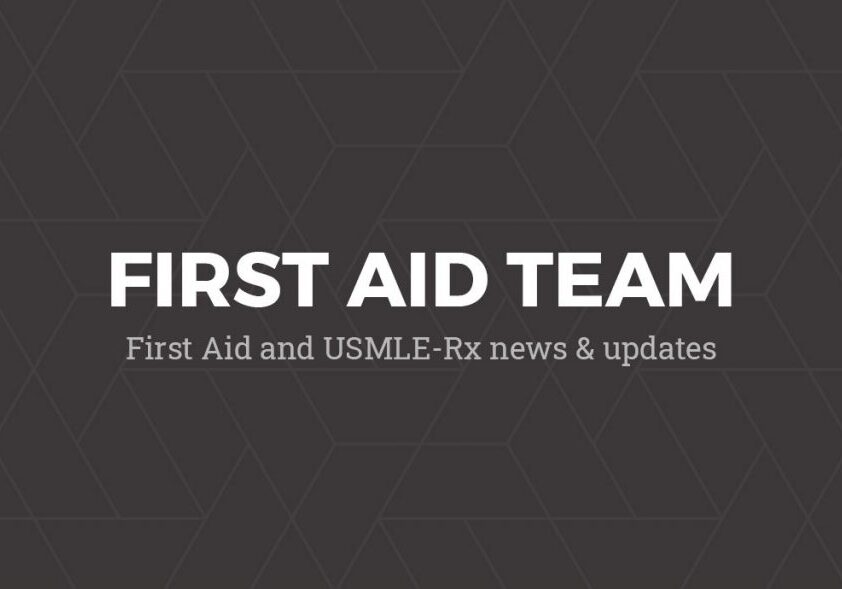By Vamsi K. Kancherla
Match week has arrived and the National Resident Matching Program (NRMP) has kicked it off with “Black Monday.” If you don’t match, you’ll need to make some important decisions. Let’s take a look at the reasons you may not have matched and what you need to do now and over the next year to prepare for the 2013 match.
First, you have to decide what to do right now about this year’s match. If you want to submit applications to a second match process called SOAP, be aware that this process begins today and ends Friday (see my post on SOAP to learn more about this). If you decide against applying to SOAP, or if you are unsuccessful, then you’ll need to think about your plan for next year.
Now, let’s look at why you may not have matched.
- Failure to certify Rank Order List (ROL)
- Applicant was ineligible for match
- An inadequate number of programs were applied to
- There is a disconnect between academic record and career choice
- “Red Flags” were found in application
- Poor interview performance
- Bad luck
In order to appropriately assess items 1-5 above, you should meet with your medical school administration and career advisors. Medical schools often have historical records of their students and their outcomes in the match and will thus be able to best assist you. It may also be helpful to view the online NRMP match data that is published every other year to gauge your level of competitiveness (“Charting Outcomes in the Match”).
Unmatched applicants should also speak to the program directors (PDs) of programs they have interviewed with to assess items 3-6 above. And, because each medical school operates differently, you’ll need to find out if you will have to graduate with your class or if you can continue as a student for an additional year (which may require you to pay full/partial tuition).
Assuming that you don’t want to submit an application to SOAP and/or that you are unsuccessful with that application, let’s look at what you need to consider over the coming year:
- Do you want to search for unexpected residency positions in the same or different specialty (i.e., prelim surgery or medicine)? You can apply for PGY1 or unexpected PGY2 positions in the next application cycle.
- Do you want to perform research (basic science or clinical) for the year and reapply into the same specialty?
- Do you want to apply into a different specialty in the next match?
- Do you want to apply to two or more specialties in the next match?
It is important to use the next year to strengthen your application. There appears to be a clear advantage of staying enrolled in medical school as a 5th year student compared to graduating and being considered an independent applicant in the next match process (see “Charting Outcomes in the Match” to observe the statistical advantages). For this reason, if you decide to perform research for the next year, you should stay enrolled and defer graduation until next year. If you decide to do a prelim year in a different specialty (general surgery, internal medicine, etc), then you clearly must graduate.
The decision whether to do research or a prelim year is a difficult one. The next Match application cycle is really only six months away, so you don’t have a lot of time to make positive, noticeable changes to your application. If your application currently lacks research, and you think you can be productive enough to present or publish research in six months, then that might be the best route to pursue. However, if you think a prelim year built in with your specialty of interest can allow you to highlight your strengths and perhaps get a letter of recommendation before the next application cycle, then that may potentially be better. Each of the above options will have their advantages/disadvantages and will vary by specialty, so this again will require discussion with your medical school, family, and friends. Specialty specific online forums can also assist you in making these important decisions.
The Match process is fair, but not altruistic. It is important to stay confident despite a negative outcome. By thoroughly assessing the above, you can approach next year better informed and ultimately have a successful match.
Bibliography
http://www.nrmp.org/data/index.html
http://www.nrmp.org/res_match/faq/us_seniors_faq.html#21

